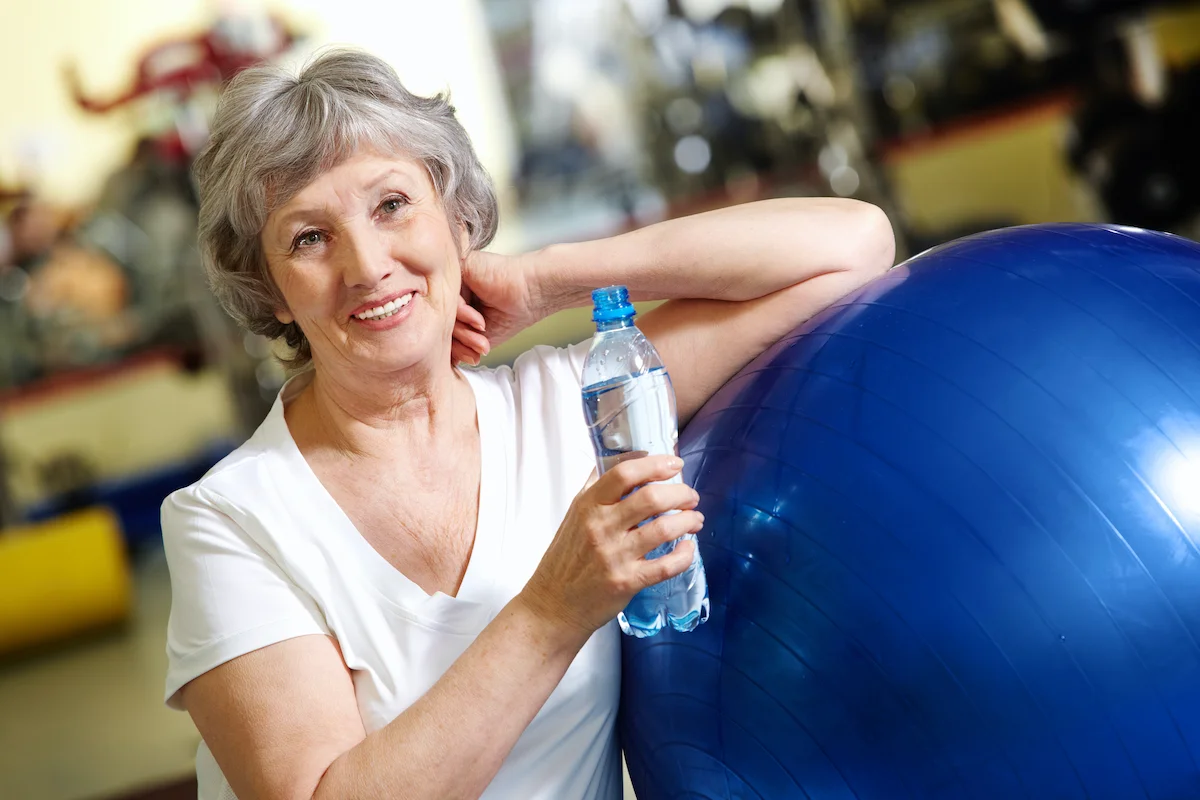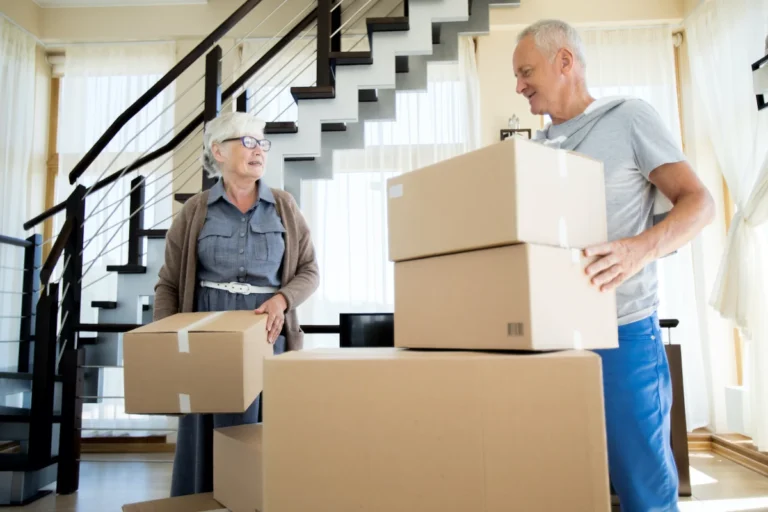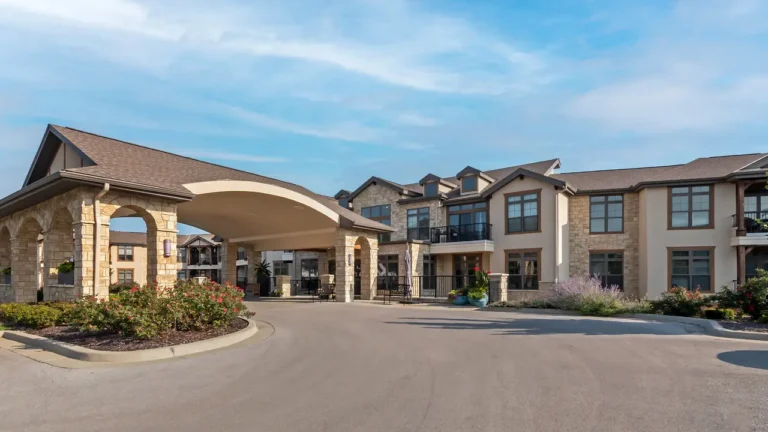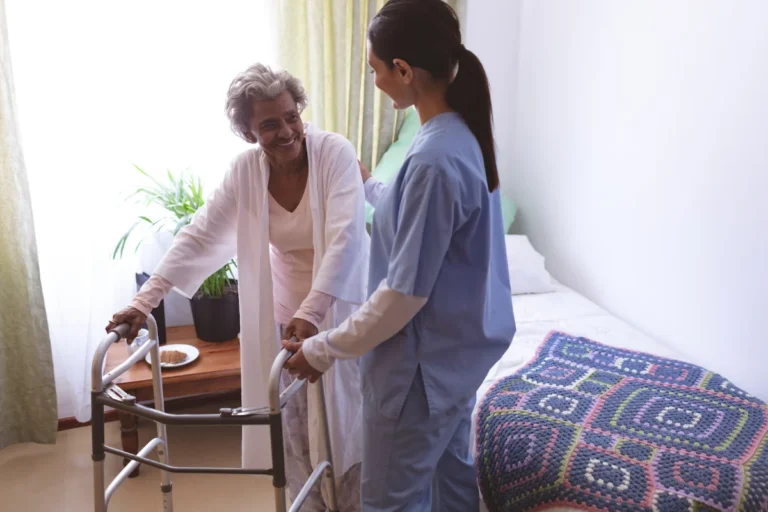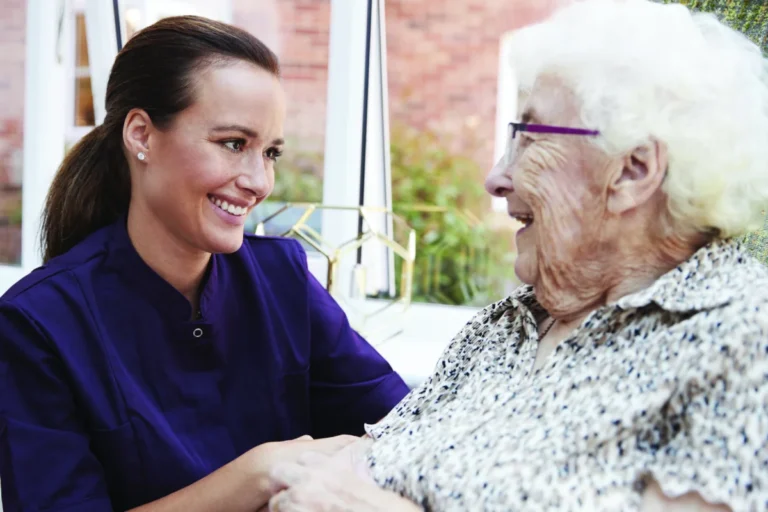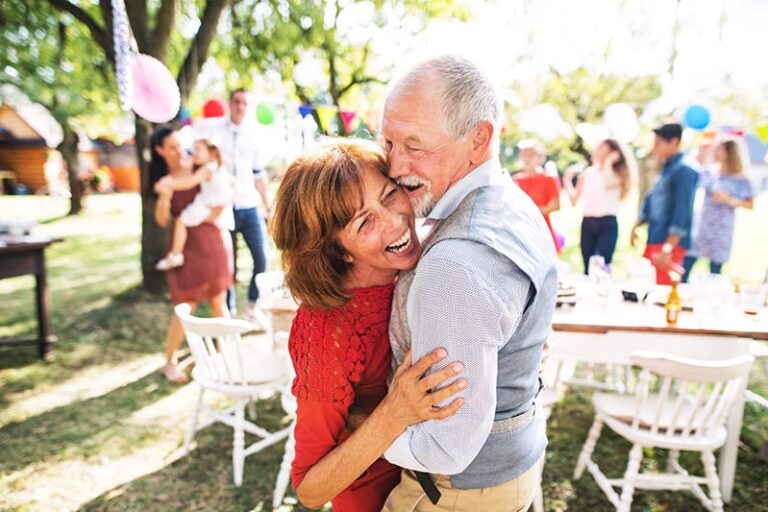As you get older, the total amount of fluid in your body begins to decline, leaving your body with a smaller amount of water reserves to pull from. As a result, making sure you are properly hydrated becomes increasingly important. Dehydration in elderly adults may raise the risk for health issues, such as balance problems, issues with kidney function, constipation and imbalances in electrolyte levels that may result in seizures. Luckily, preventing and treating dehydration is easy! It simply involves replacing lost fluids by consuming water or other fluids. So, what drinks hydrate you best? How much fluid should an elderly person drink?
Preventing Senior Dehydration
As you age, your thirst response weakens, leading you to feel less thirsty, less often. This means your body might not recognize the early signs that it is becoming dehydrated, leaving you at risk of complications from dehydration if left untreated. As such, the first steps in preventing dehydration are to make sure you always have a hydrating liquid easily accessible and to make sure you take in enough liquids, even when you’re not feeling thirsty.
So, how much fluid should an older adult drink? Well, that varies by individual. On average, the recommendation has always been for individuals to drink 64 ounces of water per day to remain hydrated; however, some studies have shown that that amount may not be appropriate for all individuals and may even cause overhydration in some elderly individuals. Rather than focusing on a specific amount of liquid to take in each day, focus instead on including liquid in your diet throughout the day, incorporating various sources of hydration, such as water, foods with higher water contents (cucumbers, watermelon, broths or soups), milk and low-sugar fruit juice. If you notice symptoms of dehydration, including tiredness or fatigue, decreased urine output or urine that is darker in color than normal, muscle cramping or feeling faint or lightheaded, be sure to increase your fluid intake to ensure your symptoms are not the result of dehydration.
Need some help remembering when to hydrate? Senior communities, like Mission Chateau Senior Living Community, keep close tabs on each resident’s needs to ensure they remain healthy and hydrated. And with Mission Chateau’s fine dining options and healthy meals, rest assured you won’t go hungry, either!
What Drinks Hydrate You Best?
When it comes to making sure you choose a hydrating liquid, it should be no surprise that water is at the top of the list! But are there other drink options for optimal hydration? Is milk hydrating? Or coffee?
Unfortunately for caffeine lovers, coffee (and tea!) are not ideal selections for preventing dehydration due to their caffeine content. Caffeine is a stimulant and diuretic, which means it can actually cause you to become dehydrated more quickly if consumed in excessive amounts. That doesn’t mean you have to avoid all caffeine, however; research does indicate that the dehydrating effects of caffeine only become apparent at intake levels of approximately 250-300 mg. Stick to one 8-ounce cup per day and you should be fine!
What about other water alternatives, like fruit juice or milk? While many fresh fruits – and veggies! – have higher water contents and make for healthy, hydrating snacks, fruit juice can contain higher amounts of sugar and carbohydrates, without the amount of electrolytes needed to really help with hydration. In contrast, milk tends to have a higher concentration of electrolytes and can help prevent dehydration. Both skim and low-fat milk are great rehydrating options, in addition to sports drinks infused with electrolytes.
When it comes to electrolyte drinks for elderly individuals, several electrolyte-boosting drinks have been developed by doctors to ensure proper hydration in elderly patients. For more information on the best senior-specific hydrating drinks or tips for how to hydrate an elderly person, check with your general physician.
Socializing can also help seniors remember to hydrate. After a group fitness class or while taking a break from arts and crafts, friends and neighbors at St. Paul’s Senior Community can share a glass of lemon water or a refreshing lemonade! Sharing a drink together is a perfect way to keep up with your daily fluid intake, while making time for friends and fun conversation.
Experience Healthy Living at Tutera Senior Living & Health Care
At Tutera Senior Living & Health Care, our staff recognizes the vital role a healthy diet and healthy hydration play in the life of our senior residents. Our experienced team of care providers is skilled and knowledgeable about proper nutrition and healthy aging. Our focus on healthy living extends to our luxurious amenities across our communities, including Mission Chateau and St. Paul’s. Our communities offer the latest in gym and yoga equipment to accommodate all levels of ability with instructor-led and private coaching sessions, and our communities provide the very best choices in dining and snacks throughout the day.
Interested in finding a Tutera community near you? Try our location finder! Or contact us today to learn more about our communities, our care and all Tutera has to offer.

